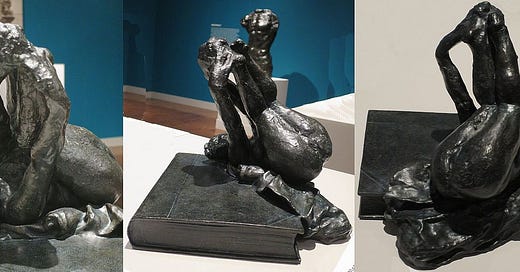“Teacher,” someone shouted at Jesus, “tell my brother to divide the family inheritance with me” (Luke 12:13). Speaking to a crowd big enough to trample each other isn’t an ideal educational setting, and this student isn’t really asking a question. Still, Rabbi Jesus manages to turn that selfish demand into a teachable moment in this week’s Gospel lesson.
Keep reading with a 7-day free trial
Subscribe to The Pietist Schoolman to keep reading this post and get 7 days of free access to the full post archives.



